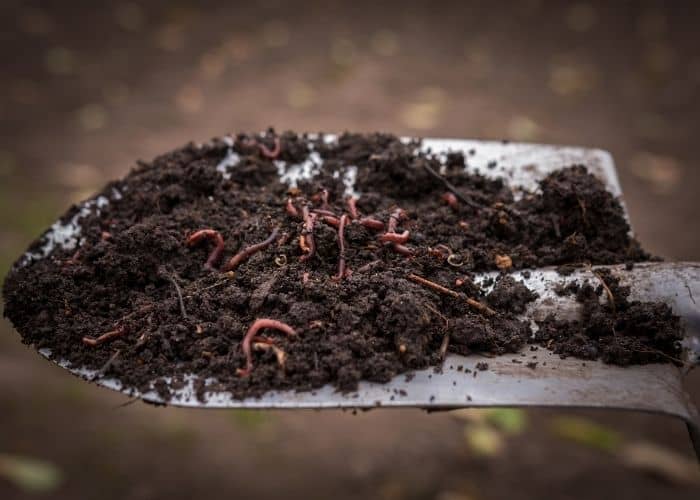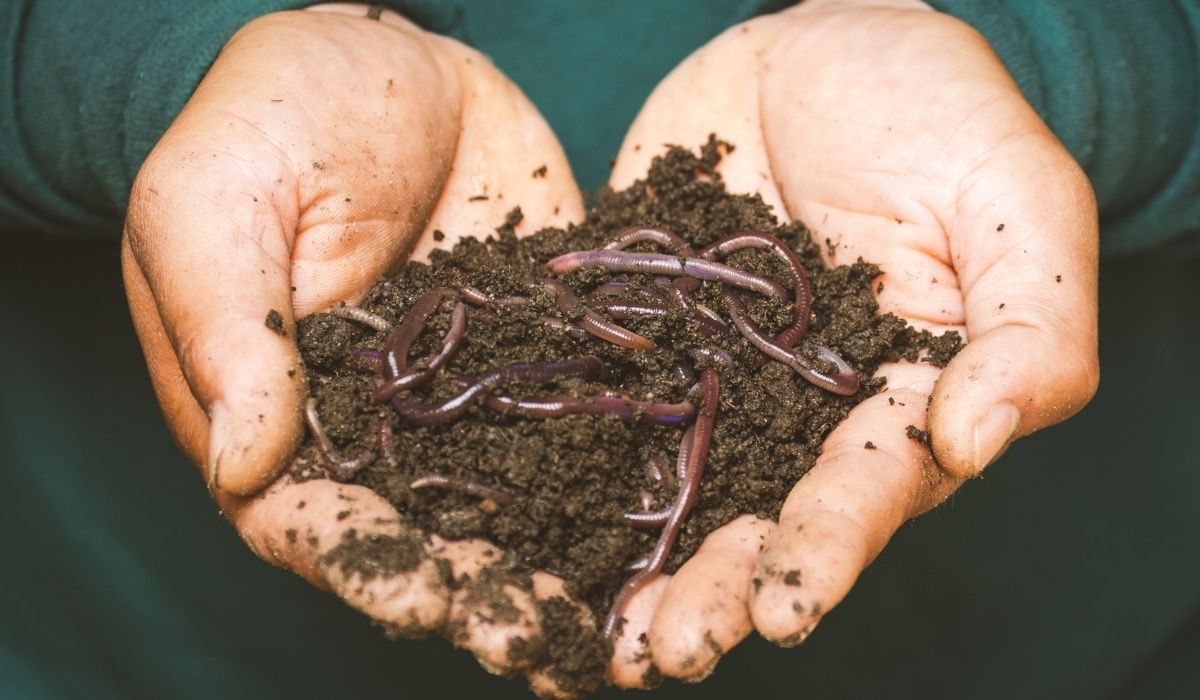Our Best Worms For Living Soil blog post provides information on worms, how to choose the right worms for your garden, how to use worm composting, where to buy worms, and much more. Worm composting is one of the best ways to keep your garden healthy and productive.
In this article, we also cover all aspects of raising worms for soil life, including live culture, feeding worms, and maintaining worm habitat. Worms are beneficial to our environment. Learn more about the benefits of using worms as soil additives, plus what kinds of worms are best for each type of environment.
We give you an informative overview of the different types of worms so that you will know which one is right for your soil and garden. This best worms for living soil guide has all the tips and hacks you need to enrich your plants. Have a look at the information below to learn more!
Worms And Their Importance For Soil
If you didn’t know this, worms are actually very important for soil. They’re earthworms and they are essential to the health of the soil. These worms are responsible for aerating the soil, and they’re also the best fertilizer for plants.
Worms are also the building blocks of soil life as they help to keep soil from being too compacted. When soil becomes compacted, it’s unable to breathe, which becomes hard for roots to grow. So, if roots are unable to grow, plants can’t thrive.
Therefore, having the best worms for living soil is important. Without worms, the soil won’t relay nutrients to their full potential. That’s why you should have more than just one type of worm in your garden. You don’t necessarily need to use commercially available worm castings. Alternatively, you can use garden food which includes compost, soil, or mulch which will convert to worm castings.
What Are The Best Worms For Living Soil?
To start with, it needs to be understood that worm composting works best with balanced and healthy soil. The worms work to aerate the soil, which in turn will promote microbial activity and better nutrient absorption. While a single variety of worms will work, a diverse collection will give you the best benefits.
The best worms for living soil are worms that are larger, with a good-sized head. You want worms that have some muscle mass. Start small with one or two varieties of worms and increase over time until you find a balance. A large collection will give you a bigger impact on your garden. However, too many may not be practical to deal with if you are a beginner.
There are so many different types of worms out there on the market that it can be very confusing as to which type of worm is best for your situation. Here are some general rules to follow to find the worm that works for you.
A large worm is also useful for loosening soil. It is an excellent weed eater and does a good job at preventing clay soils from compacting. Also, it is advisable to buy organic, non-synthetic worms. You can usually find non-synthetic organic worms in the bulk section at your local feed store, or online.

What Are The Different Types Of Worms For Soil?
There are 3 main types of worms for soil. These include Eisenia Fetida, Eudrilus Eugeniae, and Aporrectodea Californica. Eisenia Fetida is a soil-eating earthworm, and it is also known as the red wormer, or red wiggler. It is used to promote plant growth, but it also has beneficial effects on soils by improving nutrient cycling and breaking down organic matter in the soil.
This worm is used in greenhouses, gardens, parks, and other landscaping areas because it is hardy and easy to maintain. It can be found throughout North America and Europe and is often sold as composting worms.
Eudrilus Eugeniae, sometimes called the California worm, is a tropical worm, and it lives in compost heaps. This worm is commonly used in compost production because it eats organic waste, such as food scraps, lawn clippings, and animal manure.
Aporrectodea Californica, also known as the California giant earthworm, can grow up to 30 cm long. It prefers wet soil, so it likes to live in areas that have a lot of water. Like other earthworms, Aporrectodea Californica is beneficial for gardens because it helps decompose organic matter.
Amongst many others, these worms are also considered the best worms for living soil. Here is a video that shows you how to add worms to the living soil.
Creating Good Organic Matter To Enrich Soil
In order to grow the best vegetables, it takes a lot of work and time to create the right environment for growth. I’m sure you’ve heard it before, but I’ll say again, that you need good organic matter to grow anything. This means that you have to start by adding the necessary ingredients to the soil. The more organic material you can find, the better!
This includes everything from manure to peat moss, manure tea, and spent coffee grounds. If you’re serious about growing vegetables in your garden, you should be getting your hands dirty with this stuff, and you should be experimenting and finding out which combinations work best.
Some people are lucky enough to have a worm farm nearby. They get to do all the heavy lifting of digging and turning and adding the necessary amendments to the soil. However, you can’t beat the cost and efficiency of composting. Using the best worms for living soil will afford you a nutrient-rich garden with happy and healthy plants.
Here are the benefits of organic matter in soil:
When we add organic matter to the soil, plants can absorb nutrients easily
Organic matter helps to prevent erosion and maintain a healthy ecosystem
Organic matter helps to regulate the soil temperature
Organic matter improves the quality of the soil
There is no need for chemical fertilizers when soil is rich in organic matter
Plants will require less water when organic matter is added to the soil
Conclusion
You can use all kinds of worms in your garden. If you have clay or sandy soil, it is advisable to use earthworms. Earthworms do exactly what they are supposed to do, which is to turn over the soil and make it more fertile. They eat decaying leaves and mulch and aerate the soil by breaking up clods and rocks.
The main problem with worm composting is that many people don’t use it enough. Compost is living soil that needs time to mature. Worms need to be fed and turned over to give you a compost pile that is rich, thick, and full of nutrients.
You should use about 1/4 cup of worm castings per square foot. Use half of it in your fall planting season, and half of it in the spring. The best worms for living soil will give you an abundance of harvests and a thriving garden year through! Click on this link for more information on the best worms for living soil.
[rank_math_rich_snippet id=”s-c9643341-e297-4c00-89f8-395032344e90″]
Learn more about Best Soil Mix For Hoya – A Comprehensive Guide For Growing Tropical Plants

